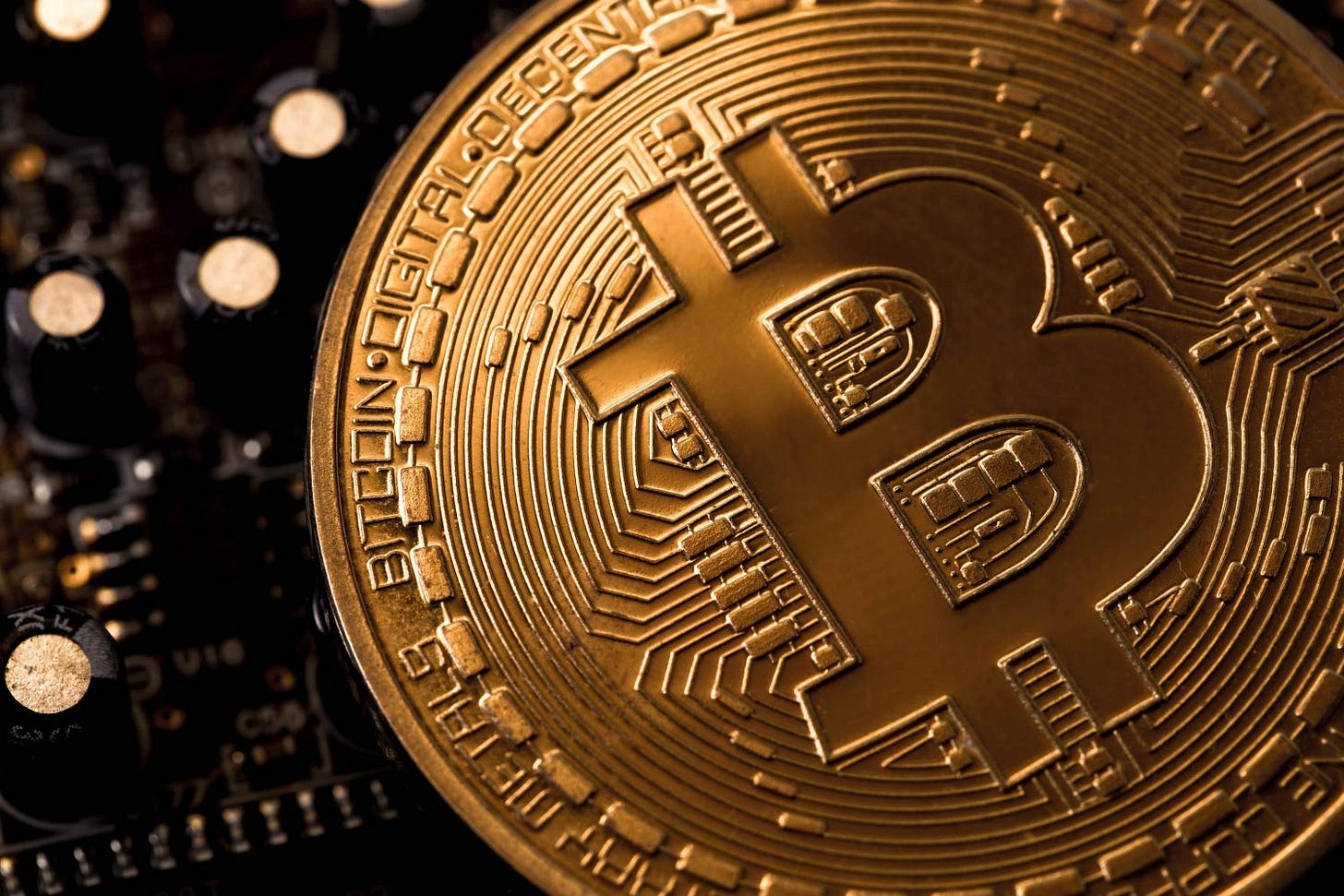Warren Rings Alarms On Cryptocurrency
Hearing examines limitations, downsides of digital currencies
Rather than offer any significant advantages for the US economy, bitcoin and other cryptocurrencies have proven to become a “fourth-rate alternative to real currency,” according to Sen Elizabeth Warren, who recently chaired a Senate hearing on digital currencies.
Warren noted an explosion in cryptocurrencies over the last decade, while the nation's current payment system is mired in “substantial difficulties.”
“Nearly 33 million Americans have been locked out of the traditional banking system. They're forced to use check cashers and payday lenders for basic banking services. And even those with traditional checking and savings accounts find that many of the largest banks have proven to be untrustworthy, gouging customers for overdraft or other fees or, in the case of Wells Fargo, just outright cheating their customers with fake accounts and fake services for which customers paid dearly,” the Massachusetts Democrat said. “So what are the alternatives? Digital currencies have been hyped as a solution to these problems.
“Early advocates claimed that cryptocurrencies would open up the financial system and deliver fast, cheap, and secure payments to anyone with an Internet connection,” she added. “Others pointed out that crypto was a way to avoid the risks of dealing with the giant banks that squeezed customers dry. But crypto's promises haven't come to pass.”

Warren had four key complaints about crypto:
First, cryptocurrencies are a “lousy way to buy and sell things,” she said.
“Unlike the dollar, their value fluctuates wildly depending on the whims of speculative day traders. You know, in just the last two months, the value of Dogecoin increased by more than 10-fold and then declined by nearly 60 percent,” Warren said. “Now that may work for speculators and fly-by-night investors, but not for regular people who are looking for a stable source of value to get paid in and to use for day-to-day spending.”
Second, crypto is a “lousy investment.”
“Unlike, say, the stock market, the crypto world currently has no consumer protection — none. As a result, honest investors and people trying to put aside some savings are at the mercy of fraudsters,” Warren said. “Pump and dump schemes are outlawed in the case of ordinary stock, but they have become routine in crypto trading. One study found that the level of price manipulation in cryptocurrency is — and I quote -- ‘unprecedented in modern markets.’”
Third, crypto has become a “haven for illegal activity,” according to Warren.
“Online theft, drug trafficking, ransom attacks, and other illegal activity have all been made easier with crypto. Experts estimate that last year more than $412 million was paid to criminals in ransom through cryptocurrencies,” she said. “And unlike other payment systems that make it tougher to move money illegally, a key feature of crypto is its secrecy.
"So just in the past few weeks, cryptocurrencies made it possible for hackers to collect a ransom to release the Colonial pipeline hack and to free JBS, the world's largest meat producer, from a paralyzing cyberattacks. And every hack that is successfully paid off with a cryptocurrency becomes an advertisement for more hackers to try more cyberattacks,” the senator added.
Finally, there are the environmental costs of crypto, Warren said.
"Many cryptocurrencies are created through ‘proof-of-work’ mining. It involves using computers to solve useless mathematical puzzles in exchange for newly minted cryptocurrency tokens. Such mining has devastating consequences for the climate,” she said. “Some crypto mining is set up near coal plants, spewing out filth in return for a chance to harvest a few cryptocoins. Total energy consumption is staggering, driving up demand for energy.
"If, for example, Bitcoin — just one of the cryptocurrencies — were a country, it would already be the 33rd largest energy user in the world, using more energy yearly than all of the Netherlands,” Warren added.



